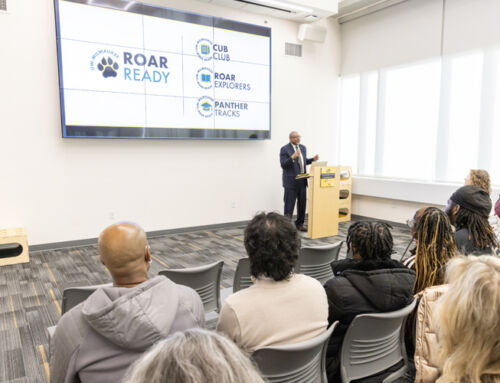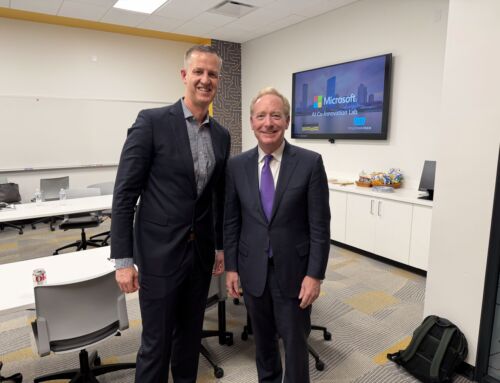Organization to expand fellowship program
By: Ryan Amundson, Senior Director of Communications
The Milwaukee Development Corp. (MDC) will help support three up-and-coming real-estate developers through its fellowship program after receiving a $250,000 grant from the Federal Home Loan Bank of Chicago’s (FHLBank Chicago) Community First® Diverse Developer Initiative. Spring Bank served as a FHLB member sponsor for the grant application.
“Helping develop and mentor the next generation will go a long way in strengthening our neighborhoods in Milwaukee,” said Erica-Nicole Harris, MDC board member. “We appreciate the Federal Home Loan Bank of Chicago and the investment they’re making in our community.”
The grant dollars will be invested in three fellowships – two of those fellows focused on strategically developing affordable single-story, single-family homes in metro Milwaukee; the other supporting a developer focused on multi-family, mixed-use projects in underdeveloped Milwaukee neighborhoods. Funds will specifically be used for strategic planning for each fellow’s business, conference and training support and pre-development activities – such as site investigation, architectural work, financing and more.
“Our hope is that these fellows will inspire and mentor the younger generations who have not been exposed to the opportunities in this industry,” said O’Brien. “Intentionally and consistently chipping away at barriers to advocate for others will allow MDC to continue its mission of developing people and spaces within Milwaukee.”
MDC was one of 14 organizations to receive grant money totaling more than $3 million to grow diverse real estate developer talent in Illinois and Wisconsin.
“By investing in programs like the Diverse Developer Initiative, we are building a strong talent pipeline of housing leaders across Illinois and Wisconsin,” said Kate Naftzger, Senior Vice President/Community Investment Officer of FHLBank Chicago. “These leaders are essential in addressing the challenges faced by underrepresented populations in our communities.”




